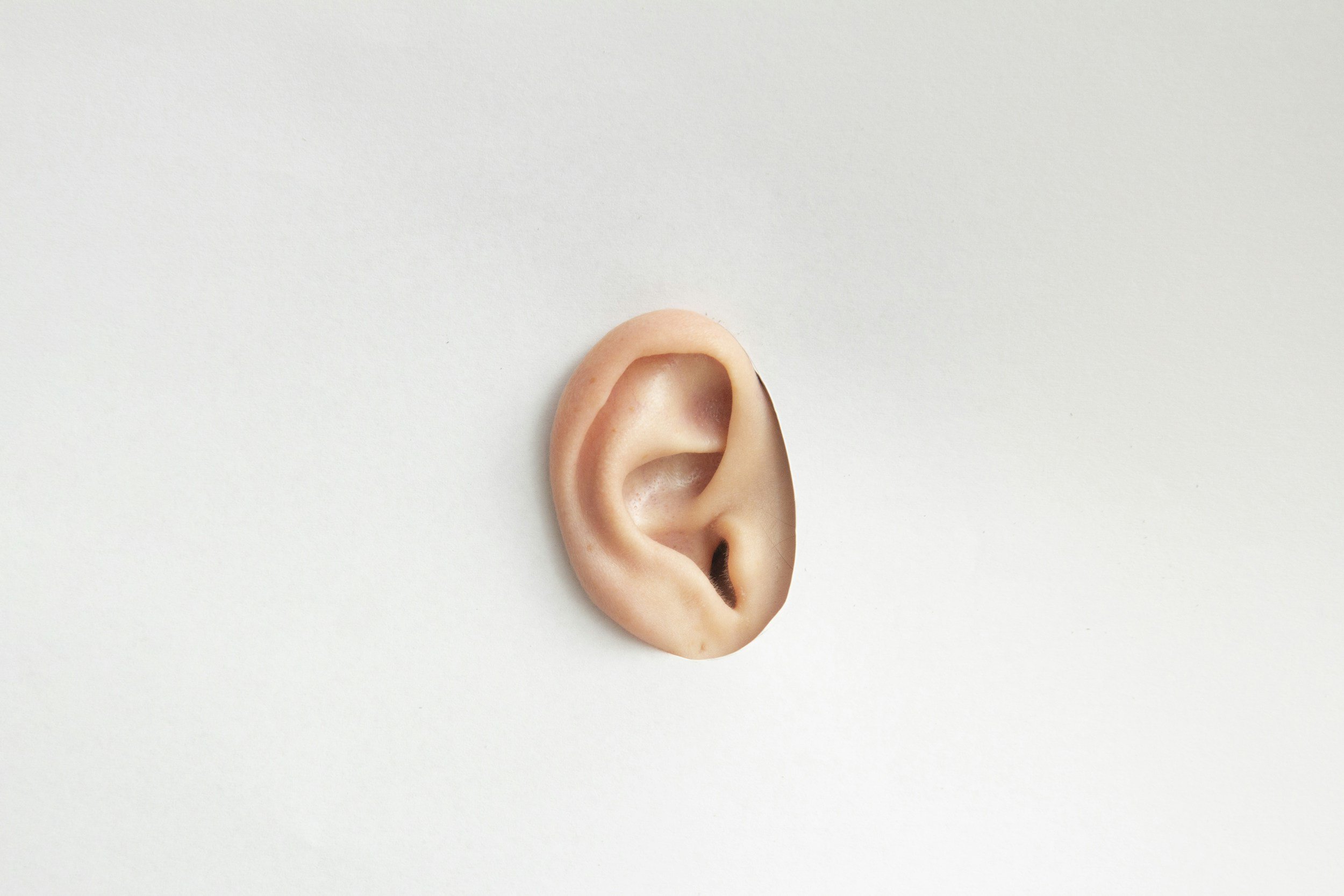Can AirPods be worn instead of hearing protection?
The short answer is…no.
With the rise of wireless earbuds like Apple’s AirPods, it’s common to see people wearing them almost everywhere — from the office to the workshop. Many assume that wearing AirPods can help block out noise, offering some level of hearing protection. Unfortunately, this is a dangerous misconception.
In this article, we’ll explain why AirPods are not suitable for hearing protection, the risks involved in using them in noisy environments, and what proper alternatives you should use instead.
AirPods are designed for Audio Playback, not Noise Reduction
AirPods (and similar wireless earbuds) are built primarily for listening to music and taking calls — not for blocking or reducing hazardous noise. Even models with “Active Noise Cancellation” (ANC) are designed to improve listening comfort, not to meet hearing protection standards.
Certified hearing protectors, such as ear defenders or earplugs, are tested and rated according to EN 352 to ensure they effectively reduce harmful noise levels. AirPods do not carry these certifications, have no associated noise reduction rating and should therefore never be relied on as PPE (Personal Protective Equipment).
Active Noise Cancellation is not Hearing Protection
While ANC technology in AirPods Pro can reduce background noise, it only targets low, consistent frequencies — such as the hum of an air conditioner or an airplane engine. It is not effective against high-decibel or sudden impact noises, like those found on construction sites, in factories, or near power tools.
In fact, ANC can create a false sense of security, making users believe they are protected when they are still being exposed to damaging sound levels.
Using AirPods in Noisy Environments can increase the Risk of Hearing Damage
Some people try to “block” loud background noise by turning up the volume on their AirPods. This is one of the quickest ways to cause noise-induced hearing loss (NIHL).
When the background noise level is 90–100 dB (as in a workshop or industrial area), people often raise their earbud volume to over 100 dB just to hear their music. Listening at that level for more than a few minutes can cause permanent hearing damage.
AirPods Do Not Provide a Proper Acoustic Seal
Unlike custom-moulded earplugs or industrial earmuffs, AirPods are not designed to seal your ear canal completely. Even with silicone tips (as in the AirPods Pro), they allow some external noise to enter. This means they do not reduce noise exposure consistently or predictably, especially during long periods of use or when you move your head or jaw.
AirPods may interfere with Workplace Safety
Wearing AirPods in a workplace setting can also raise safety concerns beyond hearing protection:
Reduced situational awareness — You may not hear alarms, moving vehicles, or verbal warnings.
Non-compliance with PPE regulations — Employers are legally required to ensure proper hearing protection is used where noise exceeds 85 dB(A). AirPods do not meet these legal standards.
Communication issues — In team environments, using AirPods can make it harder to communicate effectively and safely.
Increased exposure - employees may be listening to music at increased decibel levels for long periods of time
The Right Alternatives for Hearing Protection
If you work or spend time in noisy environments, use certified hearing protection that meets safety standards. Options include:
Disposable foam earplugs — Lightweight, affordable, and effective for short-term use.
Reusable silicone earplugs — Durable and comfortable for regular use.
Earmuffs / ear defenders — Ideal for industrial, construction, or outdoor settings.
Always look for the SNR (Single Number Rating) or NRR (Noise Reduction Rating) on the packaging to confirm proper certification.
Summary
AirPods may be convenient for calls and music, but they are not designed or approved for hearing protection. Relying on them in noisy environments can actually increase your risk of hearing loss.
For true protection, always use certified hearing protection equipment that complies with health and safety standards. Your hearing is irreplaceable — protect it properly.

